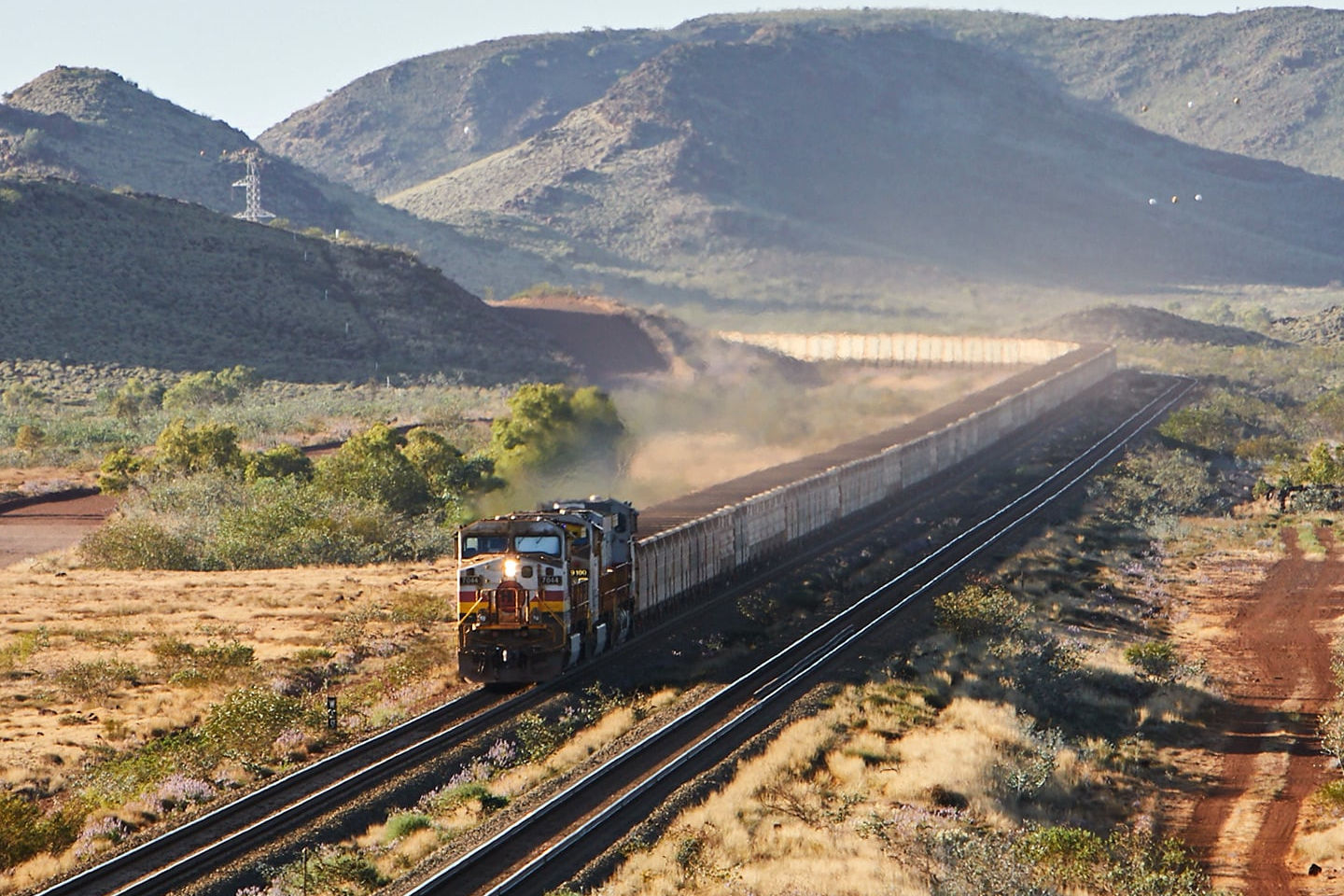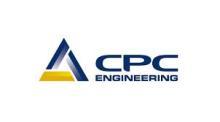Clough and Acciona’s Coleman Rail have launched a $150 million lawsuit against Rio Tinto subsidiary Hamersley Iron for rail works, over allegations the mining giant engaged in “misleading and deceptive conduct”.


Clough and Acciona’s Coleman Rail have launched a $150 million lawsuit against Rio Tinto subsidiary Hamersley Iron for rail works, over allegations the mining giant engaged in “misleading and deceptive conduct”.
The claims are outlined in a 531-page writ lodged in the Supreme Court in recent days, and relate to a $139 million contract for a 99-kilometre rail embankment as part of the then Koodaideri (now Gudai-Darri) iron ore mine project.
A final investment decision on that mine was made in November 2018, at a cost of $US2.6 billion (A$3.5 billion).
In April 2019, Clough and Coleman Rail were awarded the contract.
But the pair are now suing Hamersley Iron for a $106 million termination payment and $44 million in damages due to disruptions that delayed the project's completion.
Shortly after the contract was signed, Clough and Coleman Rail claim Hamersley and its engineer WorleyParsons made “significant” changes to the design it had used to gauge the cost of the project and the resources required.
The joint venture partners claim the act amounted to misleading and deceptive conduct on Hamersley’s behalf in contravention of Consumer Law.
Among other things, Clough and Coleman Rail allege the number of culvert locations (a channel which allows water to pass under tracks) more than doubled, from 216 to 486.
That resulted in a hike in indirect costs and reduced productivity of labour, the plaintiffs claim.
Though the contract was varied, the changes allegedly only allowed for an increase in direct costs of $7.9 million and did not include any amendment to the rates to account for the impact of the changes.
An assessment of the changes, submitted by Clough and Coleman Rail and referred to in the writ, allegedly estimated a contract price increase of more than $25.4 million.
It also estimated the growth in scope of the project would result in more than 61,100 extra manhours and had the potential to delay the project by 88 days, the joint venture partners claim.
The project was originally scheduled for completion in mid February 2021, but Clough and Coleman Rail claim they demanded extensions of time that were not assessed nor granted.
The company claims it initiated the necessary acceleration measures, recruiting 101 additional staff, erecting new infrastructure and forking out more money for flights and insurance.
In the writ, Clough and Coleman Rail claim it told WorleyParsons in December of 2019 that it had two options, adjust the completion date to March 24, 2021 at a cost of $16.7 million or dish out $21 million to accelerate the works.
Allegedly, the engineer failed to respond and Clough and Coleman Rail began doing the latter.
Two months later, Clough and Coleman Rail claimed they were experiencing significant adverse cashflow on the project as a result of WorleyParsons’ inability to make a decision.
In March, WorleyParsons advised that the contractors were entitled to 88 days extra and preliminary costs, but said the project could not support the delays of that magnitude.
As a result, Clough and Coleman Rail now claim they suffered unnecessary damage and loss through efforts that should have otherwise been covered by a deadline extension.
Further Clough and Coleman Rail allege Hamersley understated the extent of asbestos contamination in a portion of land work was to be completed in, which fell in the Wittenoom Asbestos Management Area.
Though Hamersley advised of the contamination, Clough and Coleman Rail claim representations made indicated the extent of the contaminated land would be far less than it was.
In the writ, Clough and Coleman Rail allege the discovery of additional asbestos resulted in further cost increases on the project as well as the exposure of its staff to “unconscionable” health and safety risks.
In the months that followed, the joint venture partners claim they incurred $21.3 million in asbestos-related suspension and disruption costs after detecting the substance in high concentrations.
But the two parties claim WorleyParsons rejected their claim for costs associated with the suspension of works, given the engineer had not given a direction to suspend the works.
In the writ, Clough and Coleman have asked the court to issue a declaration that would force the company to hand over the remaining security.
The pair have also requested damages for the increased cost of performing the works, delays and disruptions and want to be compensated for the alleged misleading, deceptive and unconscionable conduct.
Further, the two companies want $106 million on account of the revised termination payment entitlement, damages for the alledged breaches of contract, interest and court costs.















